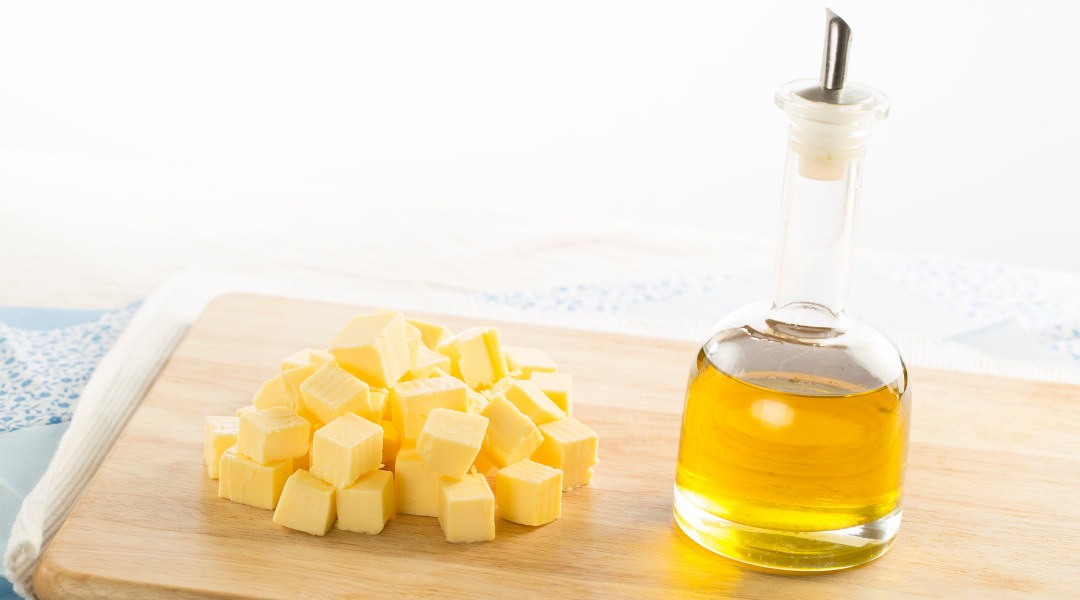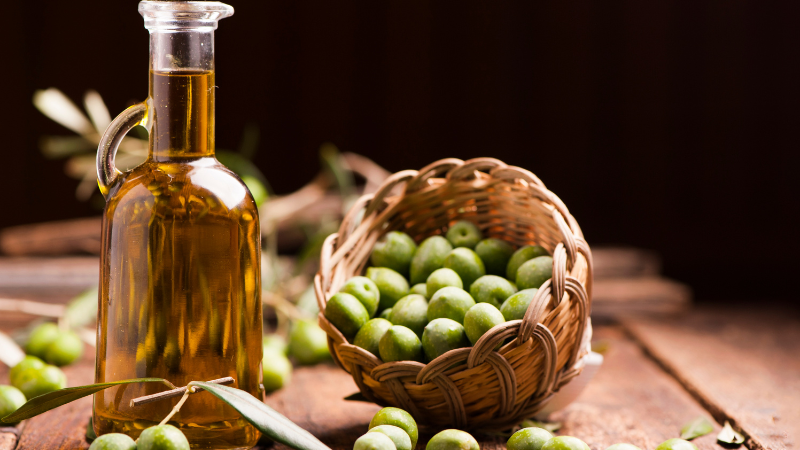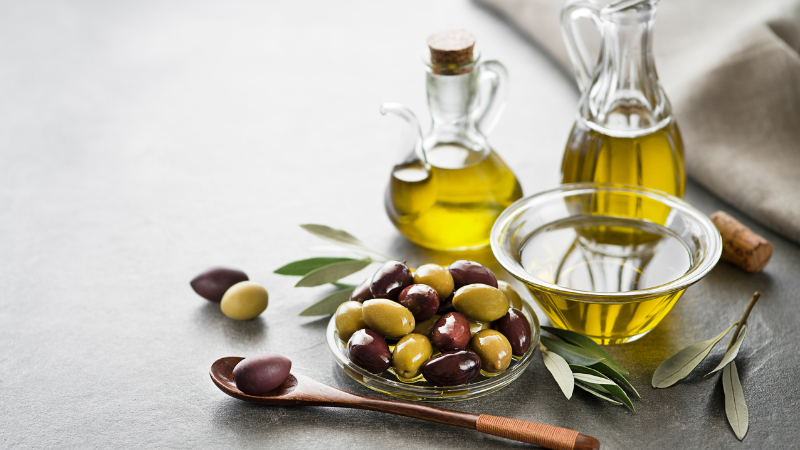Can You Use Olive Oil for Baking?
What do you do when you want to bake something and discover that you are all out of butter? Of course, you could head to the store, but what if you can’t find any or you just don’t have the time to venture out? If you keep casting your eyes over that bottle of olive oil in your pantry, you may wonder if that could be used instead? As butter and olive oil are both types of fat, it would seem likely an alternative, but is that the case? Well, let’s answer that question for you.
The good news is that yes, you can use olive oil for baking. You may have to be cautious with the type of olive oil you use, as it may give the recipe a stronger olive flavour than you’d prefer. There are also some general rules of thumb we are going to discuss further.
Can you substitute butter for olive oil when baking?
As highlighted above, yes you can substitute butter for olive oil when baking. It will make your baked goods healthier, without having any negative effects. That being said, there are some recipes where you can’t replace butter with olive oil. Below you will find some pointers to help you understand when you can and can’t use olive oil instead of butter.
When to swap butter for olive oil
You can swap butter for olive oil when the recipe calls for melted butter or another type of liquid fat. These recipes tend to be for baked goods that have a denser and moister consistency, like granola, brownies, quick bread, muffins and firm cakes.
When not to swap butter for olive oil
However, you should not replace butter with olive oil if the recipe calls for room-temperature butter. In these recipes, there will almost always be the creaming step where sugar is beaten together with slightly softened butter until it is fluffy and light. You will never achieve the same consistency with olive oil and it will affect the airy and light cakes you are trying to make.
What type of olive works best for baking?
As we have previously noted, the flavour of the olive oil you use in baking is likely to have an impact on the overall flavour of your baked goods. That’s why it may be best to choose a lightly scented and flavoured option. This may mean, if possible, sampling and testing olive oils to find one that will not interfere with the other flavours in your baking, especially if you are making something sweet. The best type of olive oil for baking is high-quality extra-virgin olive oil, particularly as it retains many of the healthy properties and benefits.
How to swap butter for olive oil
When using olive oil instead of butter in recipes, you can’t use a ratio of 1 to 1, as this will cause your mixture to be too runny. Instead, aim to use slightly less oil than you would butter. Look at the recipe and where it asks for butter, use three parts oil for every four parts of butter required. For example, if a recipe calls for four tablespoons of butter, replace it with three tablespoons of olive oil.
Benefits of baking with olive oil
There are many distinct benefits to using olive oil when baking instead of butter or other fats, beyond the convenience that comes if you already have some in your cupboards when butter runs out. Thanks to the almost perfect consistency of high-quality extra-virgin olive oil, the baked goods you can produce will have a balanced texture and exceptional mouthfeel.
We have already touched on the fact that olive oils, particularly those with strong flavours, are likely to have an impact on the overall taste of your baked goods. While this may not be ideal for some recipes, for others it will provide a spectacular, deeper, and more complex flavour.
The benefits we want to bring to your attention, though, are the same benefits you get from using olive oil in general. After all, olive oil has been regarded as one of the healthiest types of fats and oils you can use. It is packed with healthful fatty acids and potent antioxidants that help to reduce inflammation. Thanks to its high levels of polyunsaturated fats, it is ideal for cooking and baking. When you replace butter or other oils with olive oil you also reduce the amount of bad cholesterol in your finished products.
Can you substitute olive oil for other cooking oils when baking?
Yes, you can, and the great thing is that it is even easier than substituting butter with oil, as you can use the 1 for 1 ratio. Below are some examples of how olive oil can be used as a great alternative to different oils in recipes.
To Replace Vegetable Oil
In recipes for desserts where vegetable oil is used, swap that for olive oil for a healthier and tastier alternative. Brownies in particular, that need vegetable oil turns out fantastic with olive oil.
To Replace Grapeseed Oil
While it’s true that grapeseed oil is one of the healthier oils available, it still does not beat olive oil. Especially as the flavour is more pronounced and nuanced from olive oil.
To Replace Sunflower Oil
Another oil that is healthier than some but not as flavoursome as olive oil is sunflower oil. Replace it with olive oil in bread and other recipes.
To Replace Canola Oil
Bakers often used canola oil, but it can be produced with olive oil for even tastier results. It will make baked goods moister with a deeper and richer flavour.
To Replace Coconut Oil
As with all the oils we have highlighted, replacing coconut oil with olive oil is a great alternative and healthier too. The issue is that the flavour will be different a little, because it is not as sweet, though it shouldn’t make much difference.
Summary
So whether by choice or necessity, if you find yourself without butter, baking with olive oil, particularly extra virgin olive oil is possible and can be very beneficial. Just remember to avoid recipes that call for stiffer or room temperature butter.



